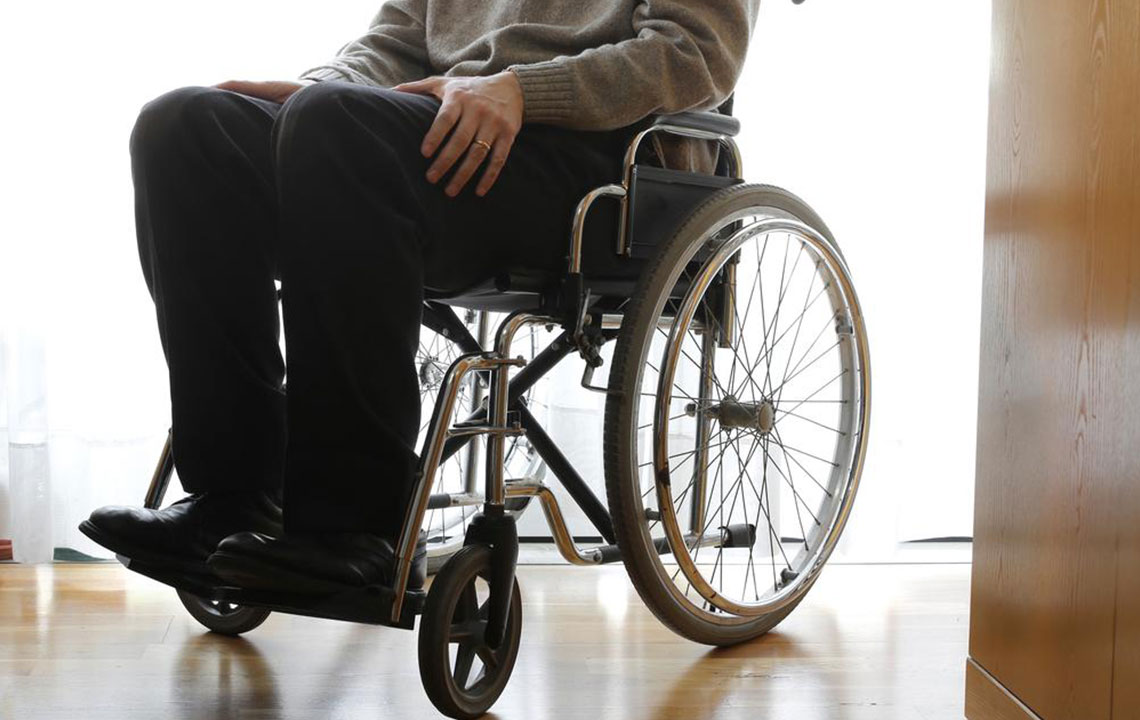Proactive Lifestyle Strategies to Reduce the Risk of Disability
Adopting a healthy lifestyle through balanced diet, regular exercise, and quitting harmful habits can greatly reduce the risk of disabilities in later life. Early prevention is key, and with modern medical advancements, recovery and management are increasingly possible. This article offers practical tips to help you stay healthy and avoid disability as you age.

Disabilities are not always congenital; many develop in older age due to unhealthy lifestyle choices made earlier in life. Recent studies show that individuals engaging in poor health habits are twice as likely to face disabilities later on. To help prevent such outcomes, here are some essential lifestyle tips:
Choose wisely: Maintain a balanced diet, avoiding excess saturated and trans fats, which can harm your health over time. Limit sugary drinks and caloric intake.
Reduce sweet consumption: Cutting back on candies and sugary beverages can prevent long-term health issues, even if they provide temporary satisfaction.
Plan meals ahead: Prepare healthy meals in advance to avoid unhealthy choices, especially when hungry. Opt for nutritious snacks like salads, and substitute processed meats with healthier options.
Stay active: Regular exercise, at least 150 minutes weekly, helps keep your metabolism and body functions in check.
Eliminate harmful habits: Quitting smoking and reducing alcohol intake significantly improve health, aiding the repair and preservation of vital organs.
If disabilities do affect you, remain hopeful. Advances in medical science and technology have made treatment options more accessible and effective. Remember to consult healthcare professionals for personalized advice.
Disclaimer: The information provided is for educational purposes only and should not replace professional medical advice. Always consult a qualified healthcare provider for medical issues.










